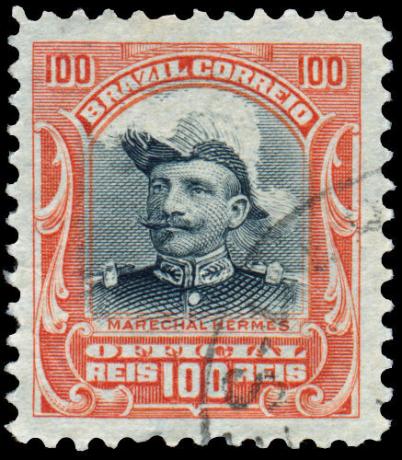One of the events that drove the military coup April 1964 went to Family March with God for Freedom, composed mostly by ladies Catholics, who roamed the streets of São Paulo days before the coup, on March 19, 1964, and offered an argument in favor of the military and conservative political and economic groups for the deposition of the government of João Goulart. According to the organizers of the march, Jango, as the president was known, would be the representative of the interests of communism to be implemented in Brazil, especially after the Revolutions chinese (1949) and Cuban (1959).
The posters called for respect for democracy and institutions, such as: “Patriot deputies, the people are with you"; “Enough of clowning, we want honest government"; "The best reform is respect for the law."; "Senhora Aparecida enlighten the reactionaries". In this way, they created a contradictory situation, as the demonstrators of the March for the Family pointed with their slogans for the breakdown of the democratic regime, as they asked for Goulart's impeachment and opposed the measures of the president, initially elected vice president, but who assumed the highest post in the state after Jânio's resignation Pictures in 1961.
The religious arguments in defense of the family and Christian values exposed in the March, against the supposed communism of the president, was an agile and direct to the rally held by João Goulart and his supporters, held at the Central do Brasil station, in the center of Rio de Janeiro, on March 13, 1964. At this rally, Goulart presented his economic plan called Basic Reforms, in which he indicated the need for agrarian reform and the intention to nationalize private oil companies, among other measures popular.
But the action of the Catholic Church and its faithful was not limited to these street demonstrations, as during the term of the The dictatorial regime occurred the same situation that affected other institutional spaces, with a strong political polarization internal. The result was an action of denouncing church participants to the military government, the result of which in many cases was imprisonment and torture.
Do not stop now... There's more after the advertising ;)
The situation was not exclusive to the Catholic Church, it also occurred in some Evangelical Churches, as shown by the first investigations carried out by the Truth Commission, instituted by the Federal Government at the end of the decade of 2000. According to Paulo Sérgio Pinheiro, the Truth Commission will investigate both the cases of denunciations of political militants to the regime and the cases of resistance in all the churches that appear in the documents.
One of the whistleblower cases investigated by the Truth Commission and which have come to light is that of Anivaldo Pereira Padilha, a member of the Methodist Church in São Paulo. According to a report from ISTOÉ Independent, Anivaldo was a social science student at the University of São Paulo (USP) and was denounced to the police by the brothers José Sucasas Jr. and Isaías Fernandes Sucasas, pastor and Methodist bishop of the church he attended, due to their positions politicians.
Young Baptists, Methodists, and Presbyterians, especially, who professed liberal ideals were persecuted internally in churches by conservative leaders who linked the Cold War conflict to issues religious. This reason led Baptist pastor Enéas Tognini to call a day of fasting and prayer for evangelicals to prevent Brazil from becoming a communist country. He aligned himself with the military, not repenting afterwards: “They saved Brazil from communism”.
This and other cases became public knowledge due mainly to documents collected by the Project Brazil: Never Again, sent to Switzerland, to avoid their destruction in Brazil. They were filed with the World Council of Churches in Geneva, showing that the positions within the churches were not just in favor of the military. However, since June 14, 2011, they are again in Brazil to clarify obscure facts of the period.
By Tales Pinto
Graduated in History
Would you like to reference this text in a school or academic work? Look:
PINTO, Tales of the Saints. "Churches and dictatorship in Brazil"; Brazil School. Available in: https://brasilescola.uol.com.br/historiab/igrejas-ditadura-no-brasil.htm. Accessed on June 27, 2021.

